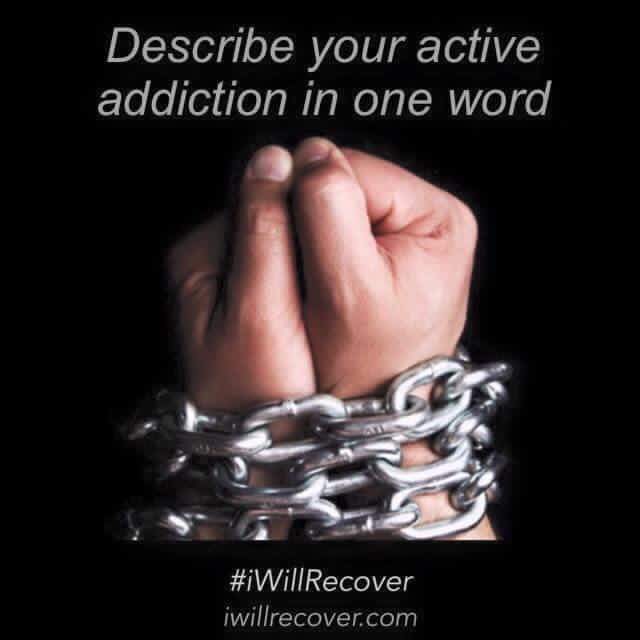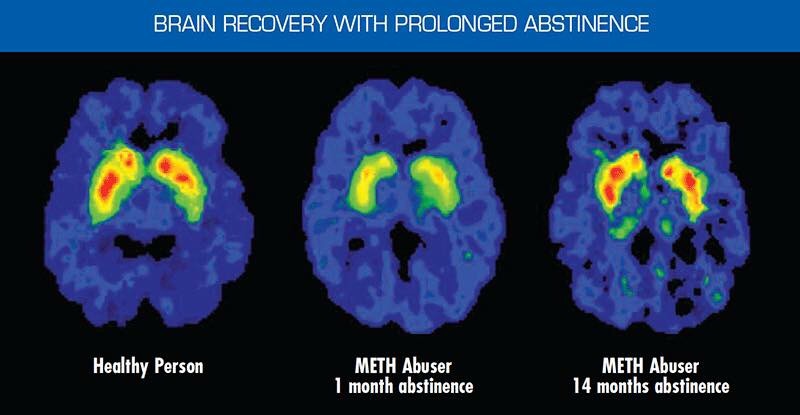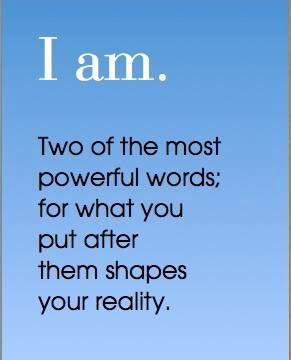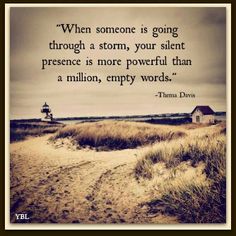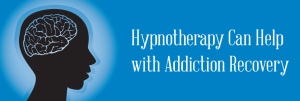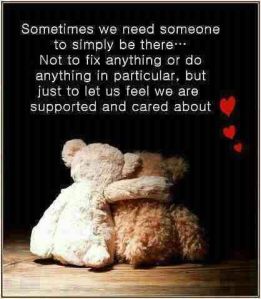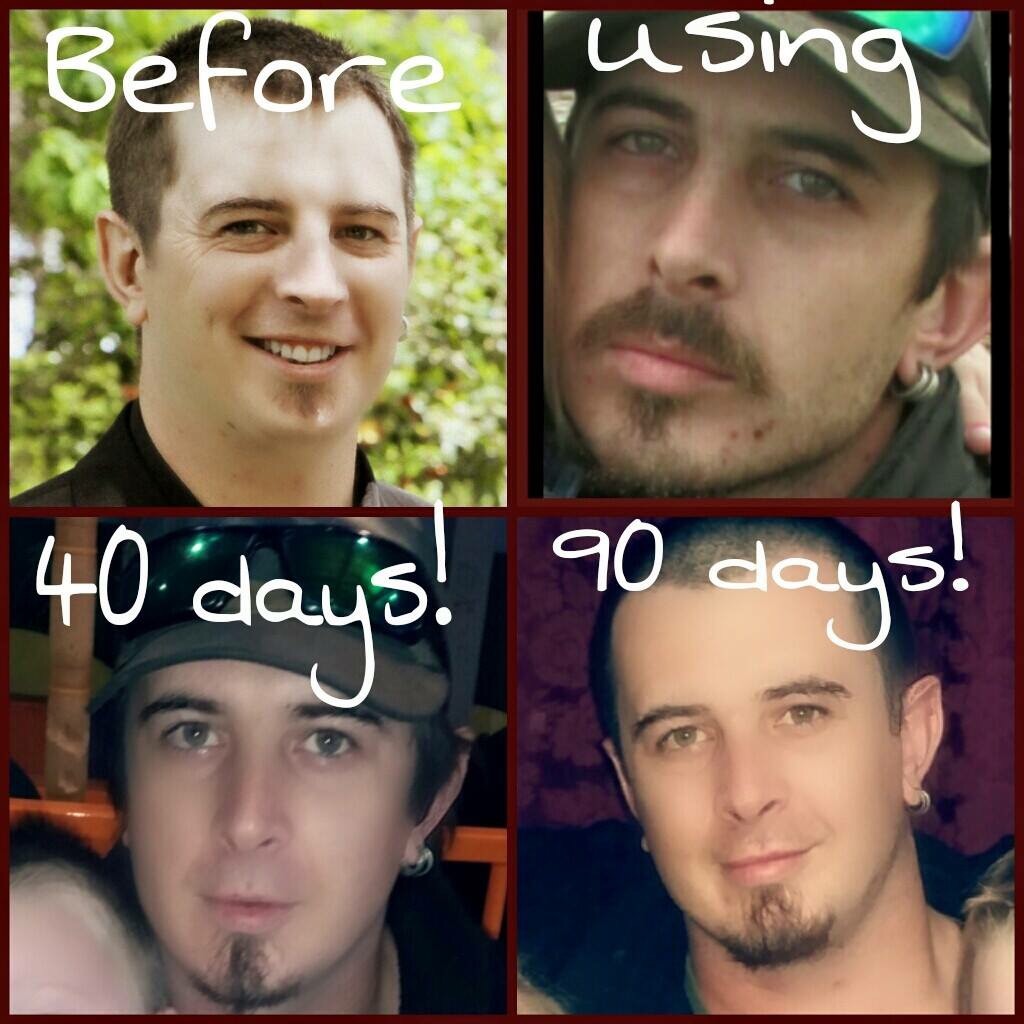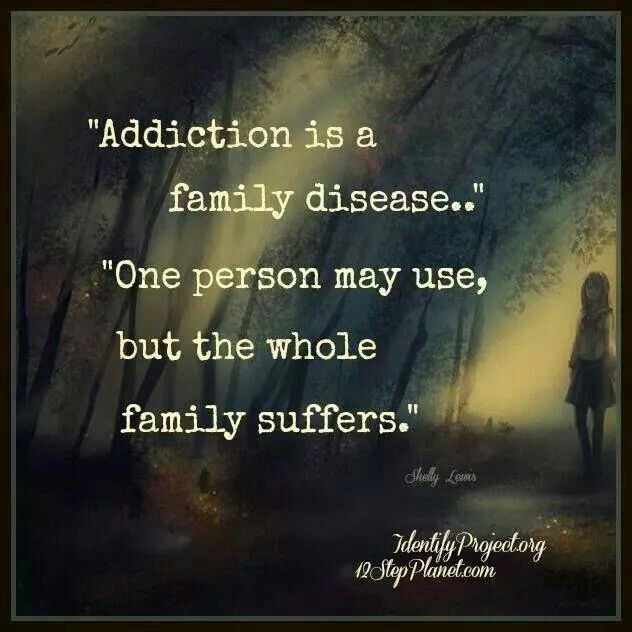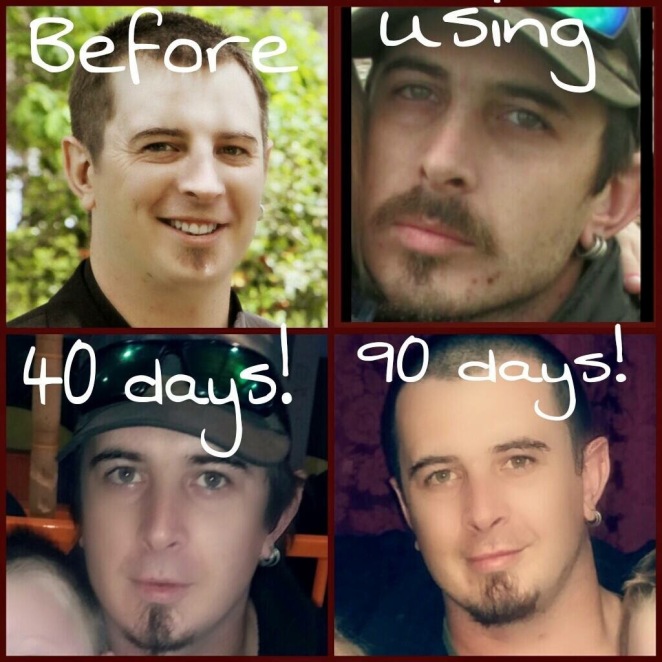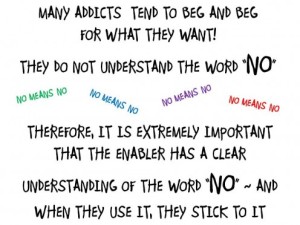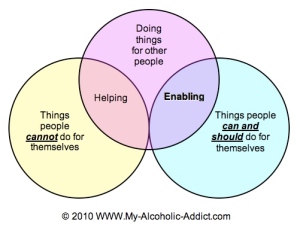You wake up and it’s in your throat, your hands are clenched and your tummy has anxious butterflies (not tha happy excited ones). You feel like using ANYTHING now. Just so this desperation and crazy feeling of being ‘normal’ can go away.
And what’s harder?
Trying to tell someone who’s supporting you what’s really going on for you.
If this is you – you’ve got to get your head around relapse prevention and fast. You’ve got to get your supports to learn that the urges are so powerful and that you are a super hero every time you beat a series of cravings and urges.
So pass this on – and share it with your loved ones. You’re now taking a super hero team approach to tackling cravings/urges.
The great news is that urges/cravings generally last for the maximum of 30 mins. Then you’re clear from the most powerful part of that storm.
Recognise that the Temptation is Short-Lived – The craving and urges generally lasts no longer than thirty minutes.
The key is to have a 30 minute extreme self care plan in place to action immediately. If you don’t give in to the feelings, they very likely will pass.
Instead of agonising over the situation, and listening to your complaining voices in your head, get yourself out of your head and if possible, active.
Preparing by writing yourself a list of things to do when your craving and urges are rampant. Keep a few copies of the list in easy access for you, and give copies to your loved ones.
List location ideas: car glove box, on fridge, photgraph it and have a copy in your phone, bathroom mirror. Make a affirmation board of your ideas using magazine cut outs and put it in the Loungroom. Be creative.
- Walk
- Colour in
- Garden (yes even at work or school or at the railways station)
- Listen to strong emotional music
- Vacuum
- Call someone
- Guided meditation
- Bath
- Cooking a meal for others
You will be best equipt for the managing your 30 minutes of extreme self care if you do the HALT check list first. I think the pic here tells you about HALT better than I could with words. If you want to talk more about HALT or a 30 minute extreme self care plan, you can email me. My email address is at the bottom of this blog entry.

Your goals for creating a 30 minute extreme self care plan are:
- To be effective in actioning my 30 minutes of extreme self care.
- To successfully Reduce amd eliminate any sabotaging craving & urges.
- Being accurate in identifying my needs.
- A way for me to Practise self care as my priorty.
Before you know it, you won’t feel like you want to use.
Know Your TriggersWhat are the specific things or times of day where the craving to using is more than other times of the day?
If you know what your triggers are, you can learn to idenfify them and manage the 30 minutes with confidence. You can do this like a boss!
So, til next time~ May peace and calm be your constant.
Maggie
maggie@justice-youarenotalone.com
